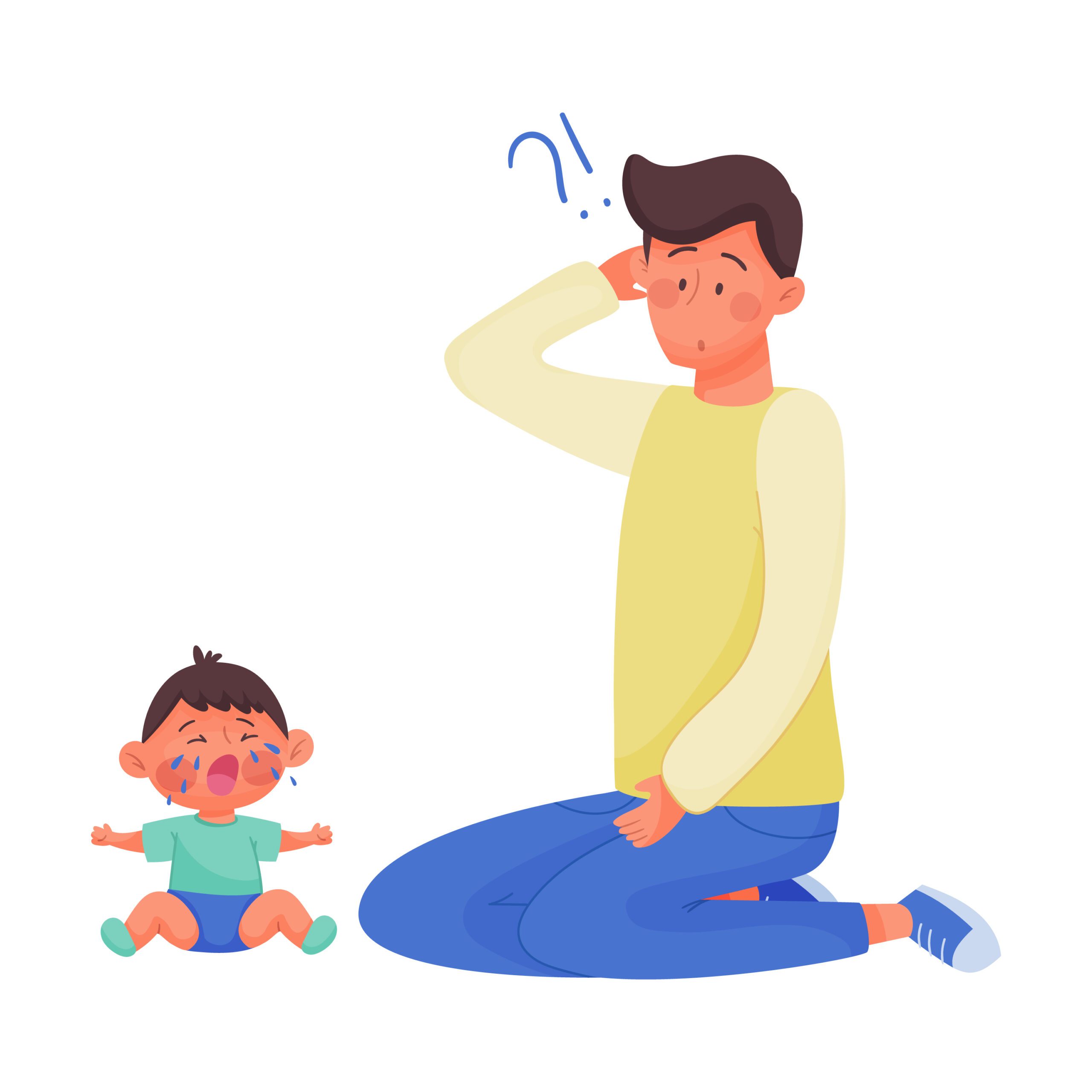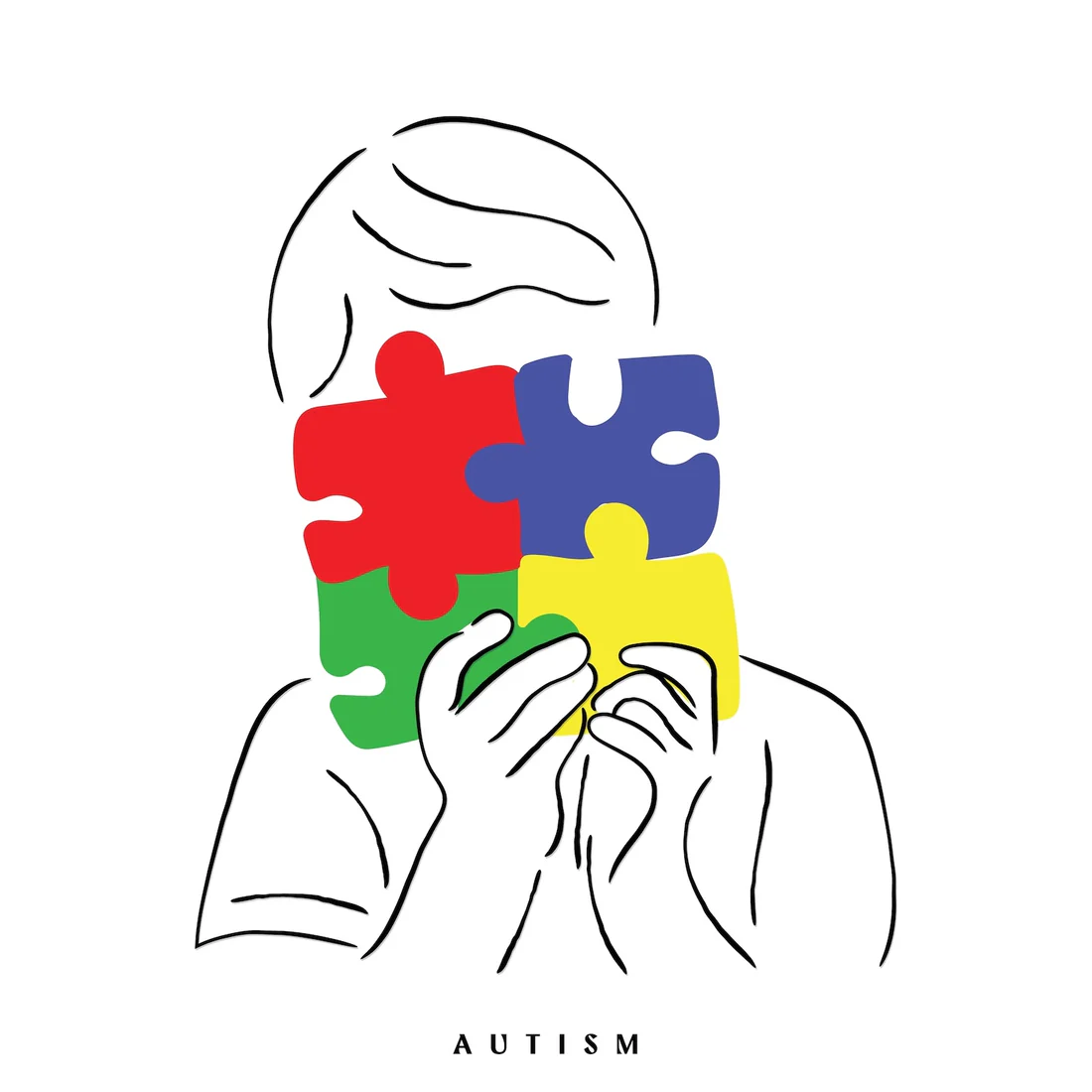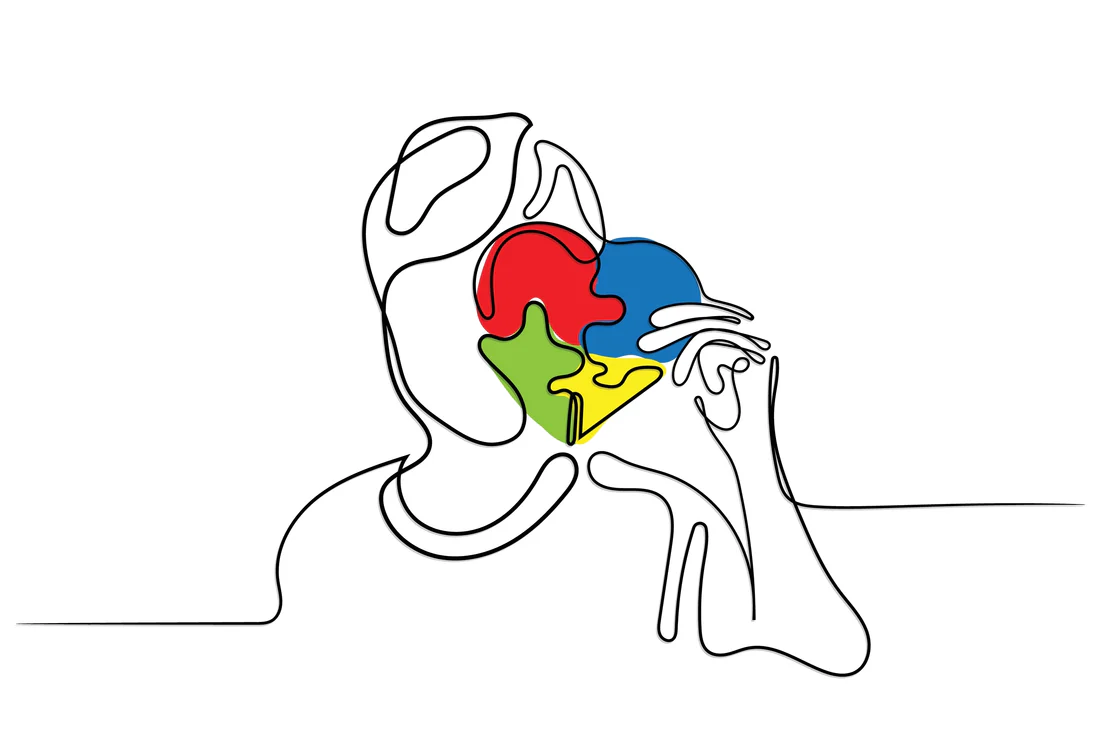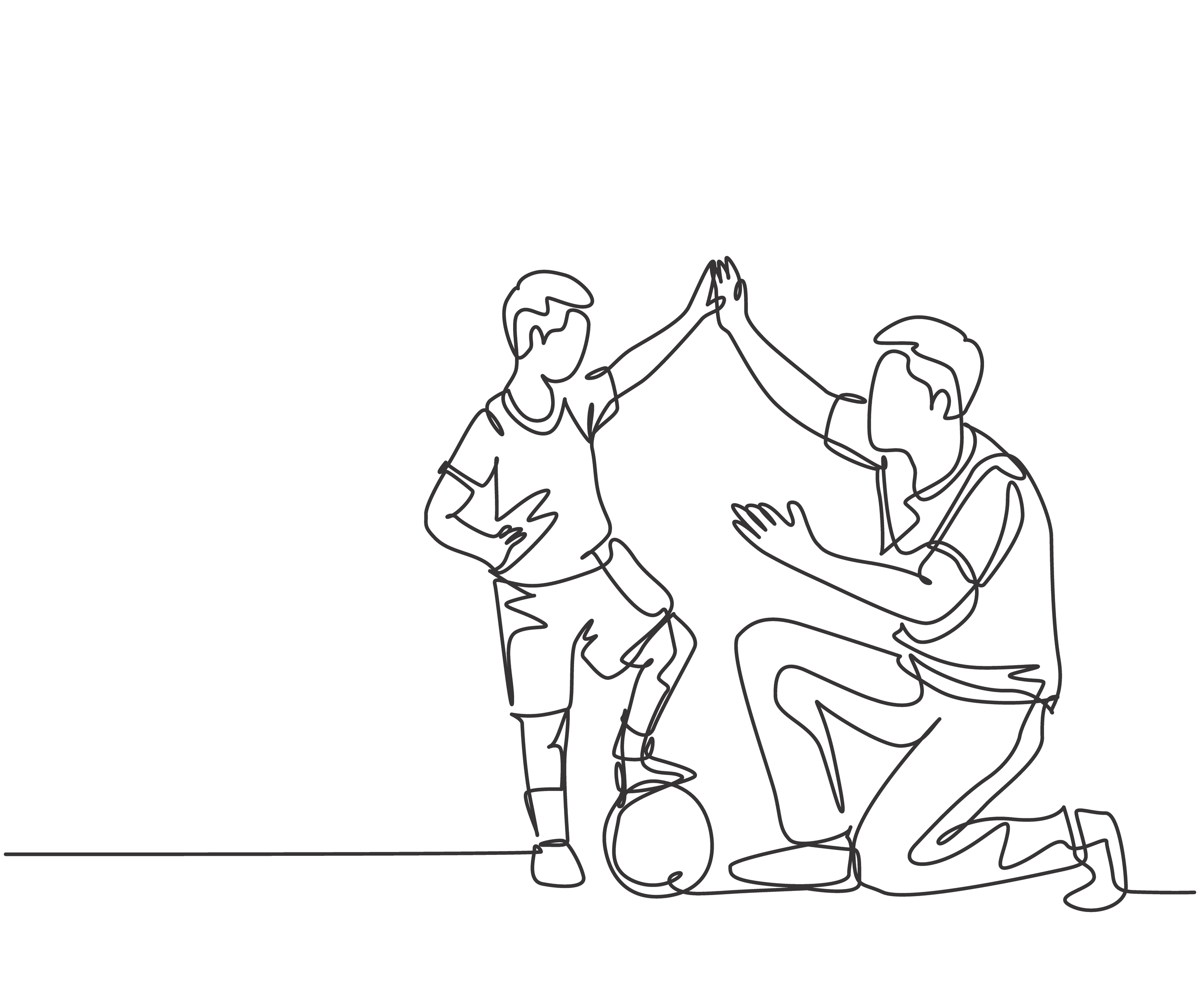Sensory Over-Responsivity
What is sensory over-responsivity?
Sensory over-responsivity, also known as sensory defensiveness, refers to an exaggerated reaction or aversion to specific types of sensory input. Individuals experiencing this condition may become overwhelmed or distressed by stimuli that others might find tolerable, such as loud noises, bright lights, certain textures, or strong smells. This heightened sensitivity can lead to significant anxiety and discomfort in various environments, affecting social interactions and daily activities. For example, a child may refuse to wear certain clothing due to the feeling of the fabric against their skin or may cover their ears in response to normal conversation levels. Understanding and addressing sensory over-responsivity is crucial for supportive interventions and fostering engagement in everyday experiences.
What causes sensory over-responsivity?
Sensory over-responsivity can stem from various factors, including genetic predispositions, neurological differences, and environmental influences. It is often associated with sensory processing disorder and may occur alongside other developmental conditions such as autism and ADHD.
How can I tell if my child has sensory over-responsivity?
Signs of sensory over-responsivity may include extreme reactions to everyday stimuli, such as excessive crying in response to loud sounds, avoidance of certain textures, or fearfulness in busy environments. If you notice consistent and intense reactions to sensory input, it may be worth consulting a healthcare professional.
What are common triggers for sensory over-responsivity?
Common triggers can include loud noises, bright lights, strong smells, certain fabrics, and crowded places. Each individual may have unique sensitivities, so it’s essential to observe personal triggers closely.
How can I help a child with sensory over-responsivity?
Supporting a child with sensory over-responsivity involves creating a predictable and calming environment, using quieter spaces for activities, and gradually exposing them to their triggers in a controlled manner. Teaching coping strategies, such as deep-breathing techniques or using noise-canceling headphones, can also be beneficial.
Is sensory over-responsivity permanent?
Sensory over-responsivity can change over time. With appropriate interventions and support, individuals may learn to manage their sensitivities better and adapt to sensory experiences, although lifelong challenges may persist for some.
Can sensory over-responsivity affect social interactions?
Yes, sensory over-responsivity can significantly impact social interactions. Children may avoid group activities or feel overwhelmed in social situations, leading to social withdrawal, difficulty making friends, or anxiety in crowds.
What types of therapies can help with sensory over-responsivity?
Therapy options may include occupational therapy focusing on sensory integration techniques, cognitive-behavioral therapy for anxiety management, and speech-language therapy, especially when communication skills are involved in social challenges.
Are there specific tools or resources for managing sensory over-responsivity?
Various resources include weighted blankets, sensory fidgets, and visual schedules to provide predictability and comfort. There are also apps designed to help with relaxation and sensory regulation that may be useful.
How can educators support students with sensory over-responsivity?
Educators can create a sensory-friendly classroom by providing quiet areas for breaks, offering flexible seating options, and incorporating sensory breaks into the daily schedule. Collaborating with occupational therapists can also help tailor strategies to meet individual needs.
What is the long-term outlook for individuals with sensory over-responsivity?
The long-term outlook varies widely among individuals. With effective support, many can manage their sensitivities and thrive in various environments. Continued advocacy and awareness can lead to greater understanding and inclusion in society.
What are other parents reading?
Separation anxiety can feel really hard for both kids and parents. For families with kids who have special needs, it
Separation anxiety can be tough on any child, but for children with special needs, it often goes hand in hand
Picture this scene: You’ve finally gotten your baby into a comfortable sleep routine. Nights are restful, naps are scheduled, and
Find a Therapist
Find the physical therapist, occupational therapist, or speech language pathologist you are looking for!
Ask Us Anything
Whether you are looking for advice, have a general question about sensory processing, or are looking for resources - we are here to help!
Ask Us Anything
Submit Your Story
Share your story about your child. Let’s celebrate milestones and learn more about challenges.








































 See Therapist Database
See Therapist Database Speech Therapy
Speech Therapy Physical Therapy
Physical Therapy Occupational Therapy
Occupational Therapy




